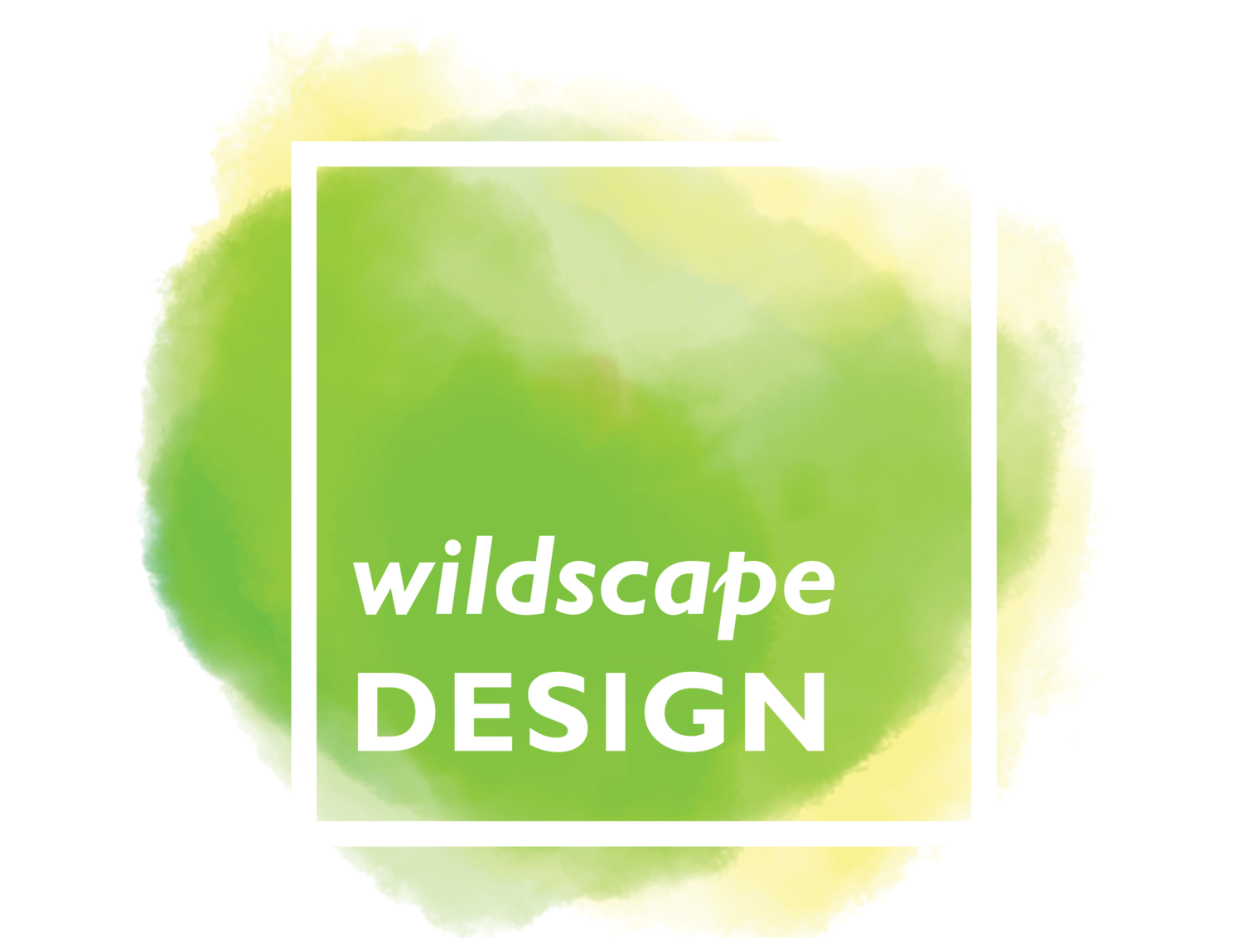Our Philosophy
Many of the major issues of our time—fossil fuel dependency; food shortages; polluted air, water, and soil; rising sea levels; droughts and flooding; and environmental justice—are at their core land use problems, related to our relationship to the Earth.
The increasing severity and variety of global ecological and social crises, and a growing discontent with wasteful and unsightly conventional development, is accelerating the need and desire for land use that honors natural processes as well as human communities.
Truly sustainable, ecological, and regenerative landscape design and planning requires a multifaceted and intersectional approach, bridging the disciplines of engineering, architecture, planning, agriculture, conservation, and social and environmental justice.
Landscapes which are ecologically functional as wildlife habitat, stormwater sponges, or atmospheric carbon sinks, are essential to averting global social, ecological, and economic catastrophe; ecologically valuable landscapes must be beautiful as well as functional in order to inspire widespread adoption in urban, suburban, and rural landscapes.
Plant-Centered Design
We design and build landscapes that engage our responsibility as ethical stewards of the land we all inhabit. Key to this stewardship is addressing habitat fragmentation and declining biodiversity by designing landscapes which are both enriching for people to experience, and sustaining for wildlife. Within this relationship between people, land, and wildlife, plants are the essential linking ingredient. Plants provide green infrastructure, act as stormwater filters and sinks, sequester atmospheric carbon, foster richer wildlife habitat, improve public health, and so much more. At Wildscape Design, ecologically informed planting design forms the basis for our approach to healthier landscapes.



